Posted on 9/27/2024
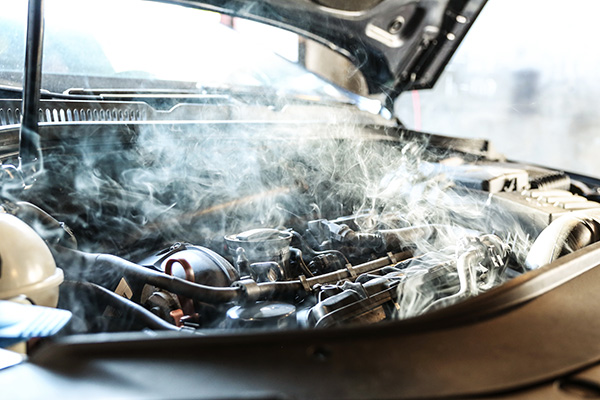
Engine overheating is one of those things every driver dreads, but how bad can it be? The truth is that allowing your engine to overheat can lead to severe, costly damage. It’s not just an inconvenience. Overheating can cause permanent harm to your vehicle’s engine if not addressed promptly. But what exactly happens when your car overheats, and how can you prevent it from happening again? Let’s break it down. How Does Overheating Happen? Before understanding the damage caused by overheating, it's important to know how it happens. Your car's engine operates under intense heat, and it relies on the cooling system to regulate temperature. Heat builds up rapidly when this system fails due to a coolant leak, a faulty radiator, or a malfunctioning thermostat. When the engine temperature rises beyond safe limits, that's when overheating kicks in. Ignoring it can turn what might be a minor issue into a full-blown catastrophe. Signs Your ... read more
Posted on 8/30/2024
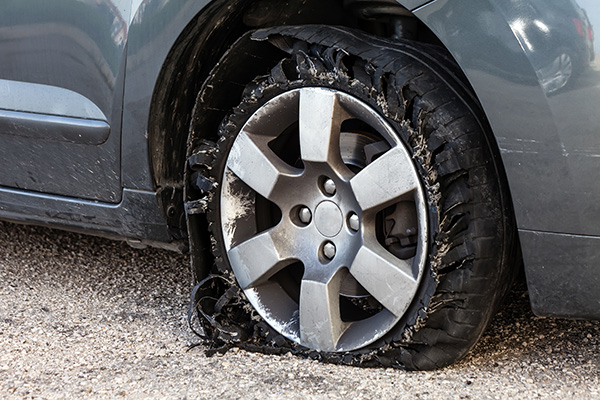
Driving on a flat tire is a common and hazardous situation that many drivers face. When a tire loses air pressure, it compromises the vehicle's handling, braking, and overall safety. Understanding the risks associated with driving on a flat tire and knowing the appropriate steps to take can prevent further damage to your vehicle and ensure your safety on the road. This article explores the consequences of driving on a flat tire, the potential damages, and the best practices for handling a flat tire safely. Understanding the Risks of Driving on a Flat Tire Driving on a flat tire is not only inconvenient but also hazardous. When a tire loses air pressure, it can no longer support the weight of your vehicle properly. This imbalance can lead to a host of issues, from damaging your wheel to compromising your vehicle's handling and braking capabilities. Imagine trying to steer your car with a flat tire—it's akin to walking on a sprained ankle. You might m ... read more
Posted on 7/26/2024
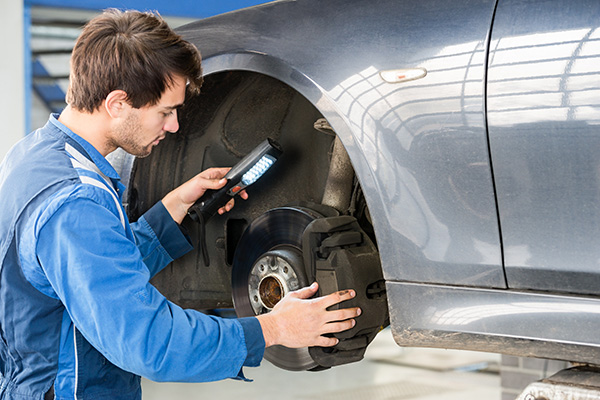
Hearing a screeching sound every time you hit the brakes can be alarming and annoying. Not only is it disruptive, but it also indicates that something might be wrong with your braking system. Understanding the causes behind this noise is crucial for your safety and car longevity. Let's explore why your car brakes might be screeching and what you can do about it. Worn Brake Pads One of the most common reasons for screeching brakes is worn brake pads. Brake pads are designed with a small metal indicator that makes a high-pitched sound when the pads are nearly worn out. This screeching sound is a warning sign that your brake pads need to be replaced soon to maintain effective braking performance. Ignoring this sound can lead to more severe damage to the brake rotors and increase repair costs. Glazed Brake Pads or Rotors If your brake pads or rotors become glazed, they can also cause a screeching sound. Glazing occurs when the brake pads get overhe ... read more
Posted on 6/28/2024
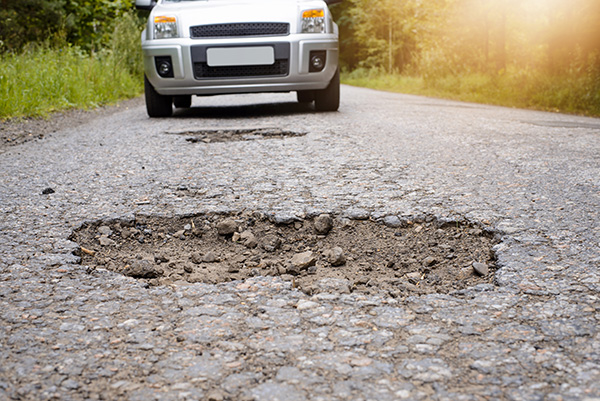
Potholes are the bane of every driver's existence. You're cruising along, enjoying your ride, when suddenly – bam! Your car hits a pothole. Besides the immediate jolt, you might wonder what kind of damage it has caused to your vehicle. Knowing what to check after hitting a pothole is necessary to maintain your car's health. We have prepared a list of the essential checks you should perform post-pothole encounters. The Impact of Potholes Potholes form due to the expansion and contraction of groundwater after it has entered the ground under the pavement. When water freezes, it expands, causing the pavement to crack and eventually form potholes. Driving over these gaps can have several adverse effects on your vehicle, from tire damage to alignment issues. 1. Check Your Tires and Rims The tires and rims are usually the first to take the brunt ... read more
Posted on 5/28/2024
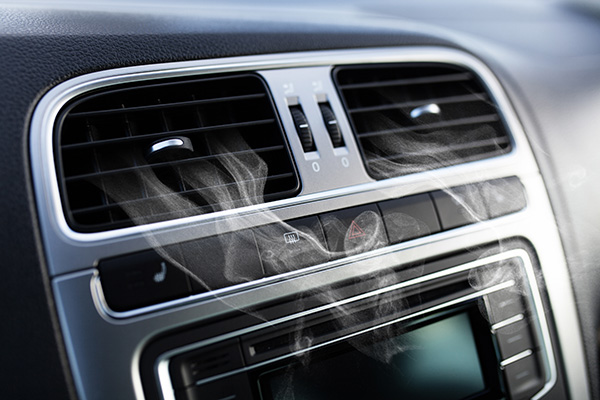
In the sweltering heat of summer or the chilly days of winter, maintaining a comfortable environment inside your vehicle is essential for a pleasant driving experience. One innovative solution that promises to elevate cabin air comfort is MiST™ service. But what exactly is MiST™ service, and how can it transform the way you perceive air quality within your car? Let's reveal its benefits and potential impact on your driving comfort. Why The AC System Needs Cleaning Bacteria, mold, and other nasty contaminants thrive in the dark and damp environment of our vehicle's HVAC system. Every time you turn on your car's climate control, these harmful allergens are blown into the cabin, affecting the air you breathe. The ventilation system draws in air from outside, which can carry pollutants, dust, vehicle exhaust, and greenhouse gasses. The MiST™ Service MiST™ service, short for Microbe Inhibiting System Trea ... read more